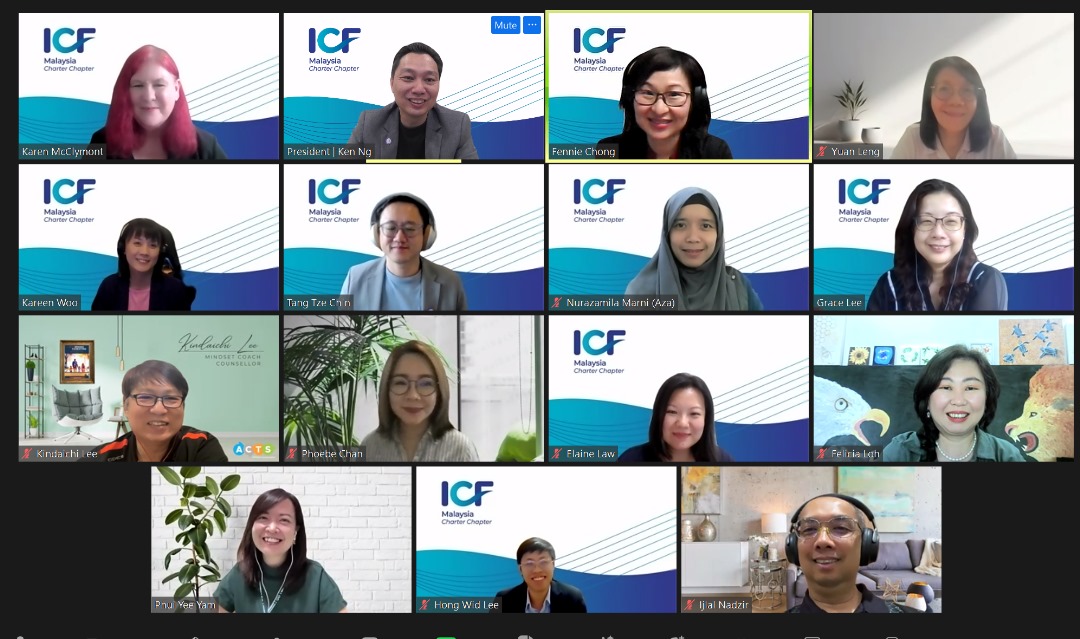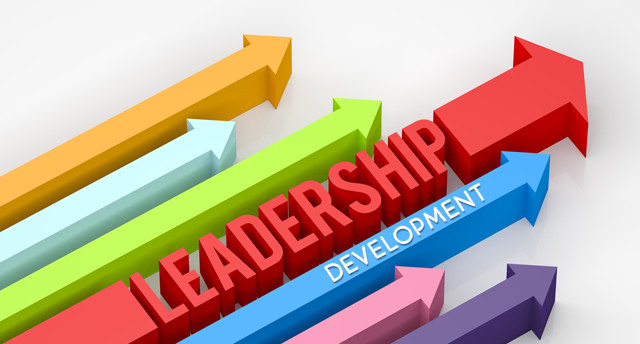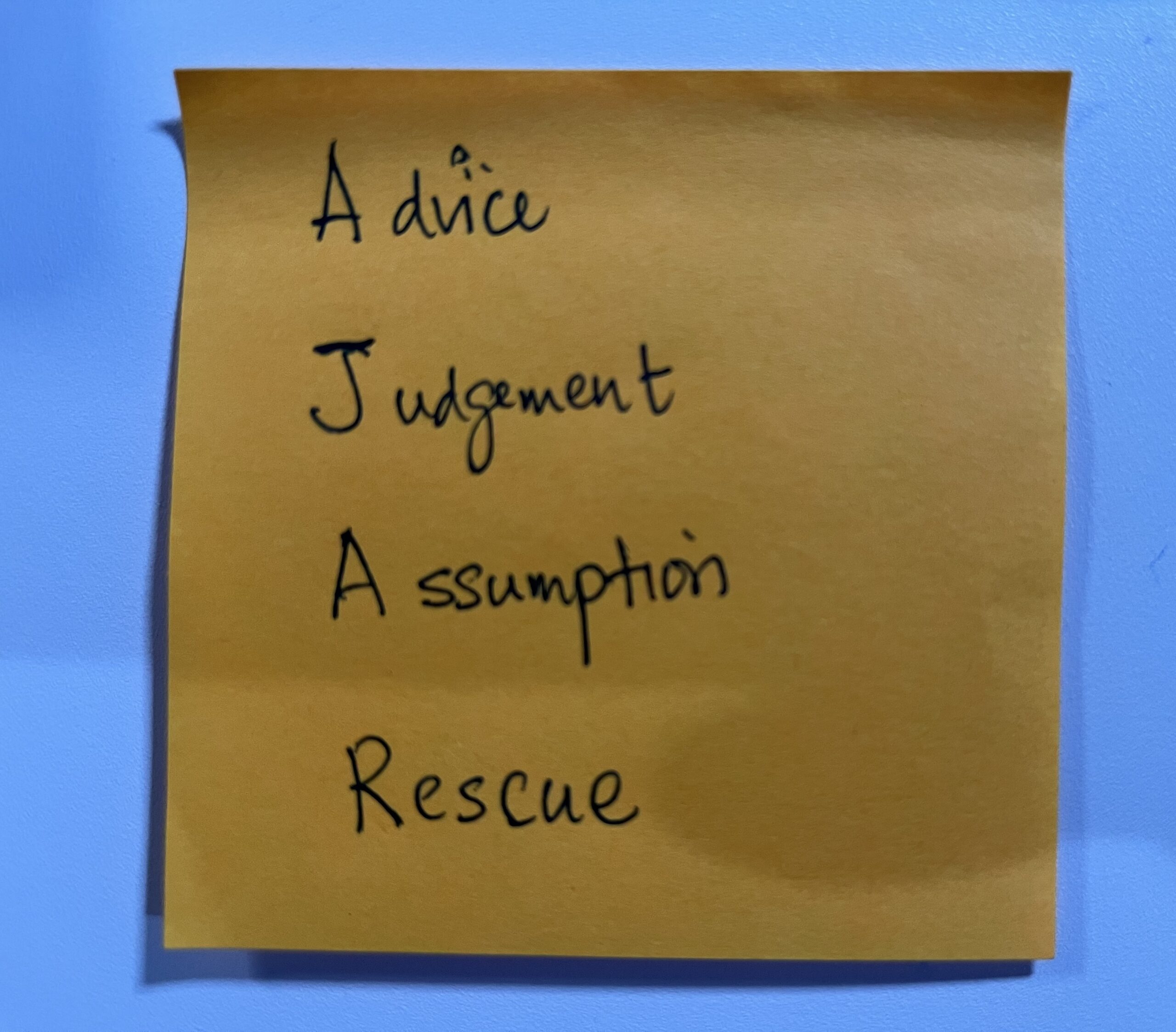Building Resilience key in a post-COVID world.
27 April 2021
An uncertain, turbulent, changing world calls for trusted leaders. One key competence needed in stressful times is self-resiliency which enables one to connect with empathy and influence. Lately I have been busy coaching senior leadership teams in building Self-Resiliency.
A new era of work post Covid makes resilience a critical attribute. A clear definition of what we mean by self-resiliency is a good place to start. The power of the word ‘resilience’ is that it immediately resonates. The downside of its familiarity is we have different versions of what it means. When we ask people to define resilience frequent responses are ‘bouncing back’, coping with stress or change, being tough or mentally strong or adapting positively.
For a start, is resilience static? Is it a trait we have or do not have? If we combine systems theory with neuroscience the answer is a resounding ‘no’. Resilience is not a fixed trait but a state that is dynamic and can change. This means it is not an attribute we can claim, or say we lack but a state we can strive to maintain or build. It is learnable. The evidence of neuroscience is that the adult brain is plastic and we can rewire it to cultivate resilience. It also tells us that the wider our repertoire of strategies the more likely we are to find the right approach for the presenting circumstances we are faced with.
Think of resilience-building as developing a toolkit of practices and ways of thinking. What I observed is that those who show up resilient have focussed daily practices, it is a lifestyle that supports them to be better equipped having Insight, Mastery, Empathy and Influence. Resilience we believe is a life long journey, none of us can claim it as a permanent state!
Increasingly, employers are adopting evidence-based, integral and practical methodologies for boosting employee resilience to better handle life’s ups and downs.
Adversity is inevitable. It’s central to how all life adapts and grows. When people are not resilient, they experience higher distress under pressure. This can derail their physical, emotional and mental well-being.
I have designed a ‘Resilience Workout Program’ for my clients with one-on-one coaching over few months leveraging on evidence-based research with a diagnostic application tool by the Resilience Institute and own client case studies to help support the new normal workplace needs. We know that resilience is an emotional capability as much as a leadership characteristic. Our hope is to build Resilience Champions in the workplace to role-model and build resilient teams. As we work with our clients we are gathering evidence how to build workplace resilience as it is less known compared with resilience in the clinical or community settings.
Leaders must provide direction, support and autonomy, this requires them to have insight, mastery, empathy and influence the four dimensions of resilience. You might be intriqued to know there are 60 specific factors that connects body, emotion and mind that lays the development framework for us to build resilience. Firstly, it is most useful to do a self-diagnostic to look at your own resilience strengths and liabilities – risk.
In our experience, resilient people are more self-aware and resourceful and can better engage with life challenges. They are better equipped to meet challenges with skill, energy and focus. Resilience is the cumulative knowledge, attitudes and skills that underpin well-being. Resilient people have deeper reserves to draw upon in challenging times, which leads to reduced anxiety and depression, which can lead to better physical health and higher levels of function.
Ready to build resilience? You can contact me to know more at: samkurian@changernomics.com
3 responses to “Building Resilience key in a post-COVID world.”
Leave a Reply
You must be logged in to post a comment.







Interesting article, Sam! Resilience is definitely a spot-on topic, especially during these days of the pandemic. It feels more like, “ how can I survive and thrive in this pandemic -physically, emotionally and mentally?” “What would post-pandemic look like?” “Who do I need to be in order to be ready for that future?”
One way to survive and thrive post covid era is to see resilience-building as developing a toolkit of practices and ways of thinking.
Well said Sam. Resilience is an important skill for all of us to have. I have worked with Sam and he has been a great coach and support to help build Resilience within the leadership teams we worked together! Thank you Sam for the great work you are doing!